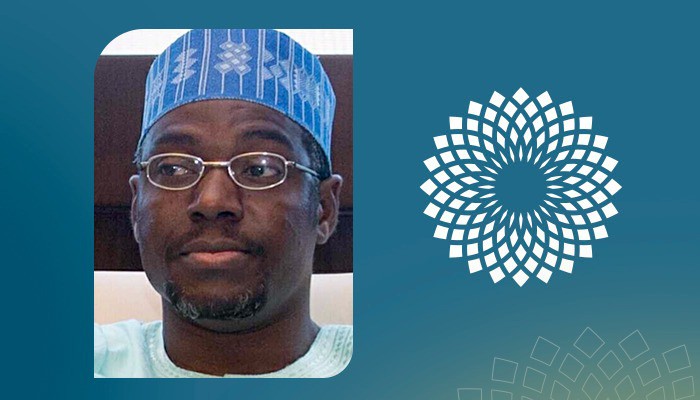
Virtual Ramadan lecture "Ramadan Issues"
- 2021-Apr-16
Among the daily virtual Ramadan lectures, The World Muslim Communities Council organized, on Friday April 16, 2021, a virtual lecture entitled "Ramadan Issues", in which Dr. Al-Khader Abdel-Baqi, Director of the Nigerian Center for Arab Research in Nigeria, spoke via the Council's social media pages.
Dr. Al-Khader said that the first and original purpose for which fasting was legislated is piety, with other subordinated purposes, stressing that Ramadan is the month of the victory of human, society and the nation, that confirms the faith and maturity of the fasting person in his behavior, faith and piety.
He explained that the health benefits of fasting are countless and incalculable, while there are many duties that the Holy Month requires of us, so we have to eliminate bad habits in our reality.
He added: "Ramadan is a month for self-review with strong faith actions, as well as an opportunity to prepare the cognitive, scientific, moral and ethical structure to achieve the scientific, moral renaissance and civilized behavior."
Dr. Al-Khader Abdel-Baqi emphasized that Ramadan is an opportunity for piety and good deeds, and self-isolation. He is calling for good behavior and good treatment, through obedience and return to Allah to achieve goodness in society.
It is noteworthy that the World Muslim Communities Council is an international non-governmental organization, headquartered in the UAE capital Abu Dhabi. It is considered a think tank to rationalize organizations and societies working in Muslim societies, renew their thinking and improve their performance in order to achieve one goal; The integration of Muslim societies in their countries, in a way that their members realize the perfection of citizenship and complete affiliation with the Islamic religion. The council seeks, through holding dozens of virtual conferences, seminars and activities, to localize the concepts of religious, ethnic and cultural pluralism, in a manner that preserves human dignity and respect for his beliefs, and establishes the values of moderation, dialogue, tolerance and belonging to the homelands.